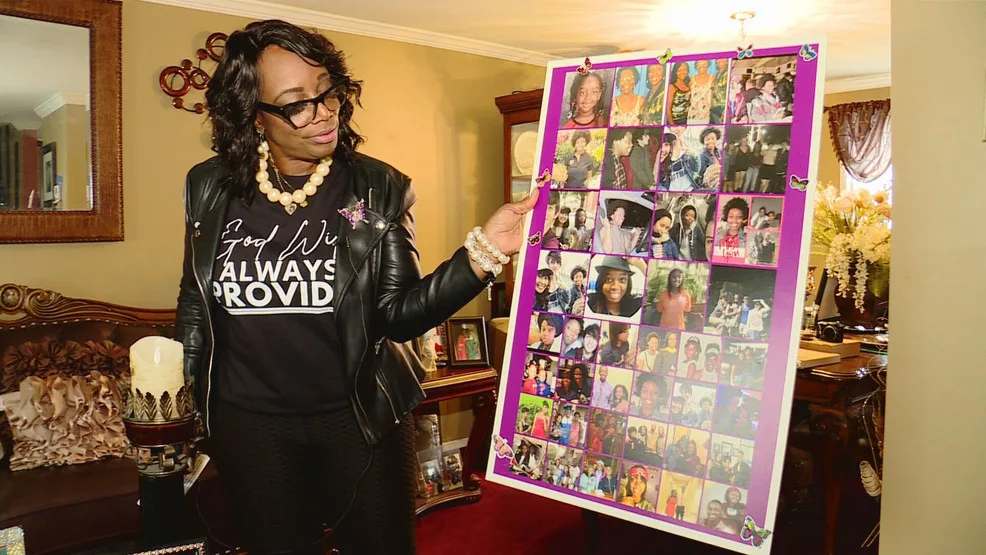
SYRACUSE, N.Y. — During this Black History Month, we’ve showcased a few hidden gems created by our neighbors right here in Central New York.
But now we’re focusing on a more serious topic, mental health within the black community.
Felicia Hayes lives everyday with the constant reminder her daughter is no longer here. In her heart, and when she wants, remembering her daughter’s last words.
It’s been six years since Felicia lost her daughter Jasmine to suicide. She was only 22-years-old.
“She was a beautiful, kind hearted, sweet young lady that had a heart as big as the world,” said Hayes. “She was always there for the people, her friends, no matter their own struggles.”
Without her daughter, its Felicia who has struggled. For years, trying to cope and come to terms with her daughter being gone.
In 2021, suicide was among the top 9 leading causes of death in the United States. Between 2018 and 2021, suicide rates among black people jumped more than 36 percent.
The largest increase among any racial group. For black adults ages 25 to 44, suicide rates increased by 23 percent.
Despite those high numbers, Hayes admits mental health was not often a discussion in her household.
DeWitt Town Board unanimously approves resolution recognizing Black History Month
“I didn’t know what I was seeing. Now that I study it, I look at the risk factors now and I’m like wow, those are the things I was seeing but I didn’t know.”
Simone Adams is part of the only 7 percent of black licensed marriage and family therapists.
Despite her now 19 years of practice in Psychology, discussing mental health issues was also once very taboo for her.
You know, enslaved people were killed, tortured, sold, and separated from their families, and so I think it makes sense what would happen is that parents taught their children don’t let people know we’re struggling. Don’t let anyone outsiders know if you’re having a hard time because that can have tremendous consequences.
But much like Felicia Hayes, she’s hoping to help change the narrative in her community.
“Within our communities, having more conversations. Having more pieces like this that really emphasize not only the need for mental health services in the black community but also decreasing the stigma of what it means to go see a therapist.”
A stigma Felicia hopes to break as she raises money for her mental services through her “My Special Angel Jasmine Foundation.”
One final message her daughter can send to everyone.


